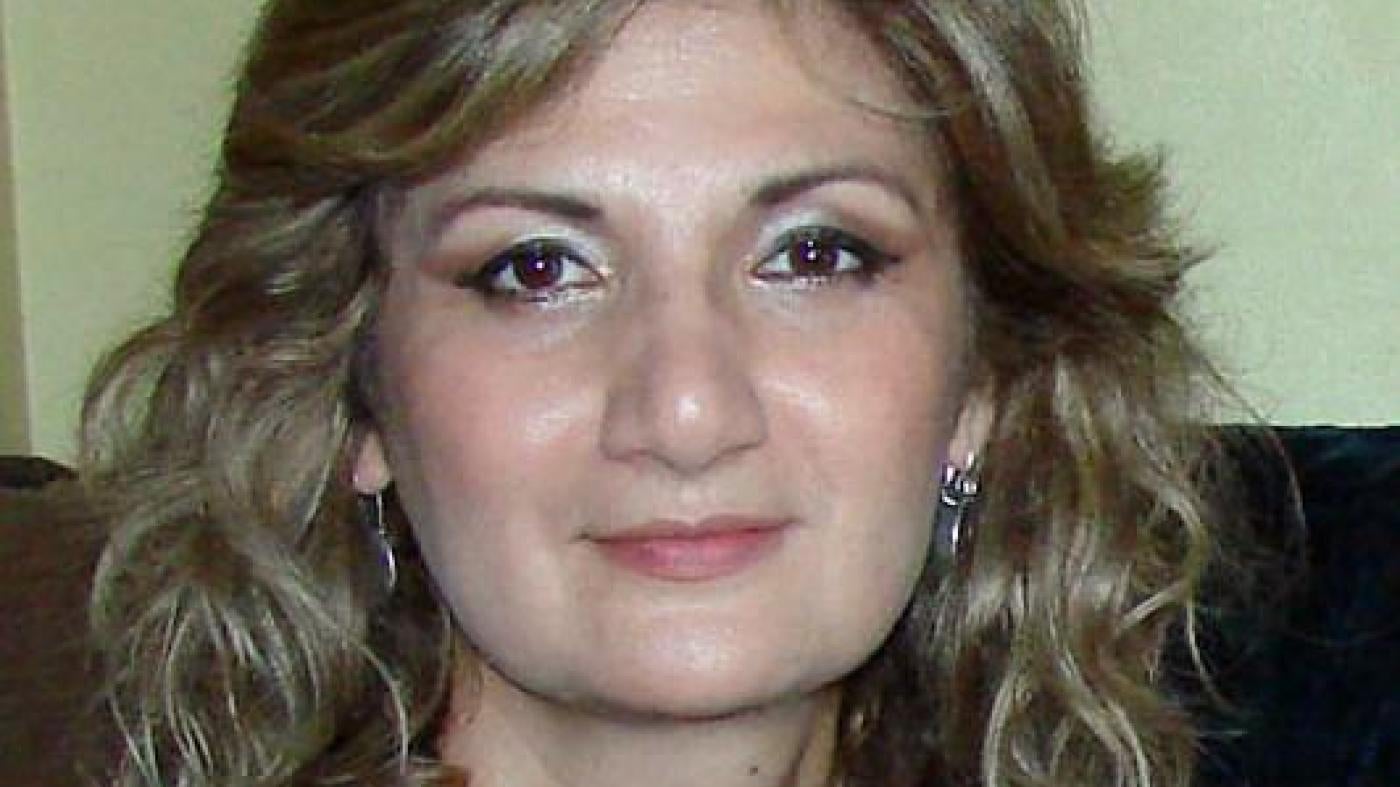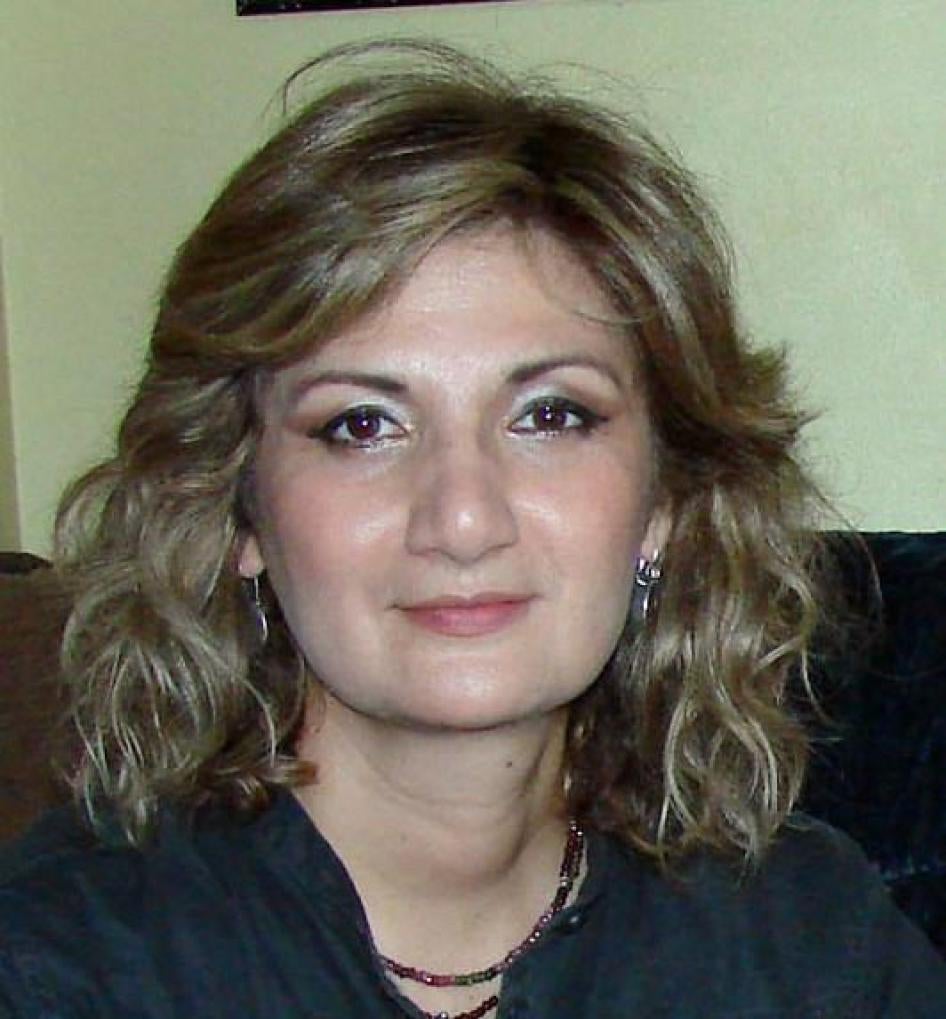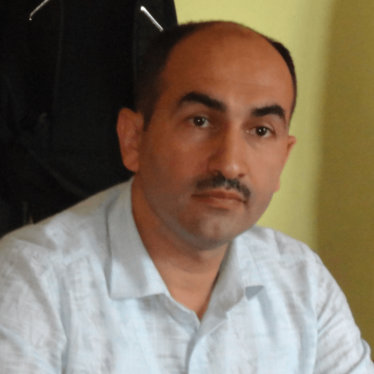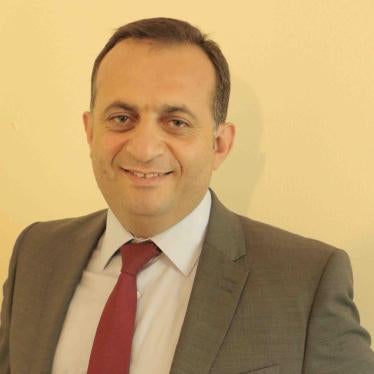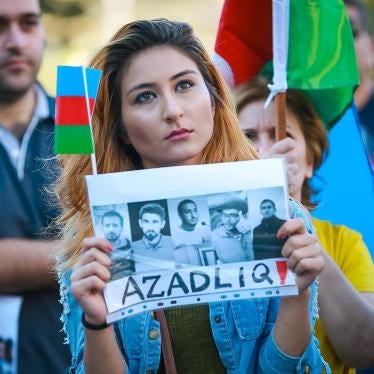Leila Alieva realized she was on the Azerbaijani government’s radar in June 2014. Only a few months later, in August, she would board a plane to flee the country she called home. Now, more than two years later, she still hasn’t been able to return.
When Alieva left Azerbaijan, the government had initiated a crackdown on nongovernment organizations, and the independent group that Alieva founded – the Center for National and International Studies, a nonpartisan think tank that produced publications on the country’s foreign and domestic policies – was one of its targets.
Only when she went to the bank did she discover that a court had issued a decision to freeze her organization’s assets. The government had opened a criminal investigation into the activities of several donor organizations and their grantees, including her organization and about a dozen others. The court justified freezing the center’s account, referring to an investigation into allegations of document forgery and abuse of office.
The government was questioning heads of nonprofit organizations, and friends of hers were being arrested – human rights defender Leyla Yunus among them.
“I received warnings from friends, both within the country and abroad, that I should leave [the country]. That it was only a matter of time,” Alieva recalled. And so she followed their advice.
She is currently a visiting scholar at the University of Oxford, sponsored by Cara, the Council for At-Risk Academics. But in December, her two-year fellowship will come to an end.
“I don’t know what to do, I’ve been applying to different places. I need to find something,” she said. Returning to Azerbaijan is not an option; she’s been advised that she likely will be detained and questioned if she returns.
Alieva didn’t set out to become an “activist.” She wanted engage communities in intellectual dialogue, to preserve a space for independent ideas.
“I did not believe that I personally represented a threat to the government, even until the very last moment,” she said. “I always felt I was doing only good for this country.”
As an academic, she continues to speak on issues related to Azerbaijan on panels and at conferences. While she still hopes to return home someday, she doesn’t think it’s likely anytime soon – and even if it were, she wouldn’t be able to do the work she’s passionate about, she said. The laws that the government has adopted in the past few years make it impossible. There is no longer a space for independent thinkers, she said.
Before, when people asked her if she felt like her work was risky, she would say no. That’s changed now: “It was dangerous. It was very dangerous.”
